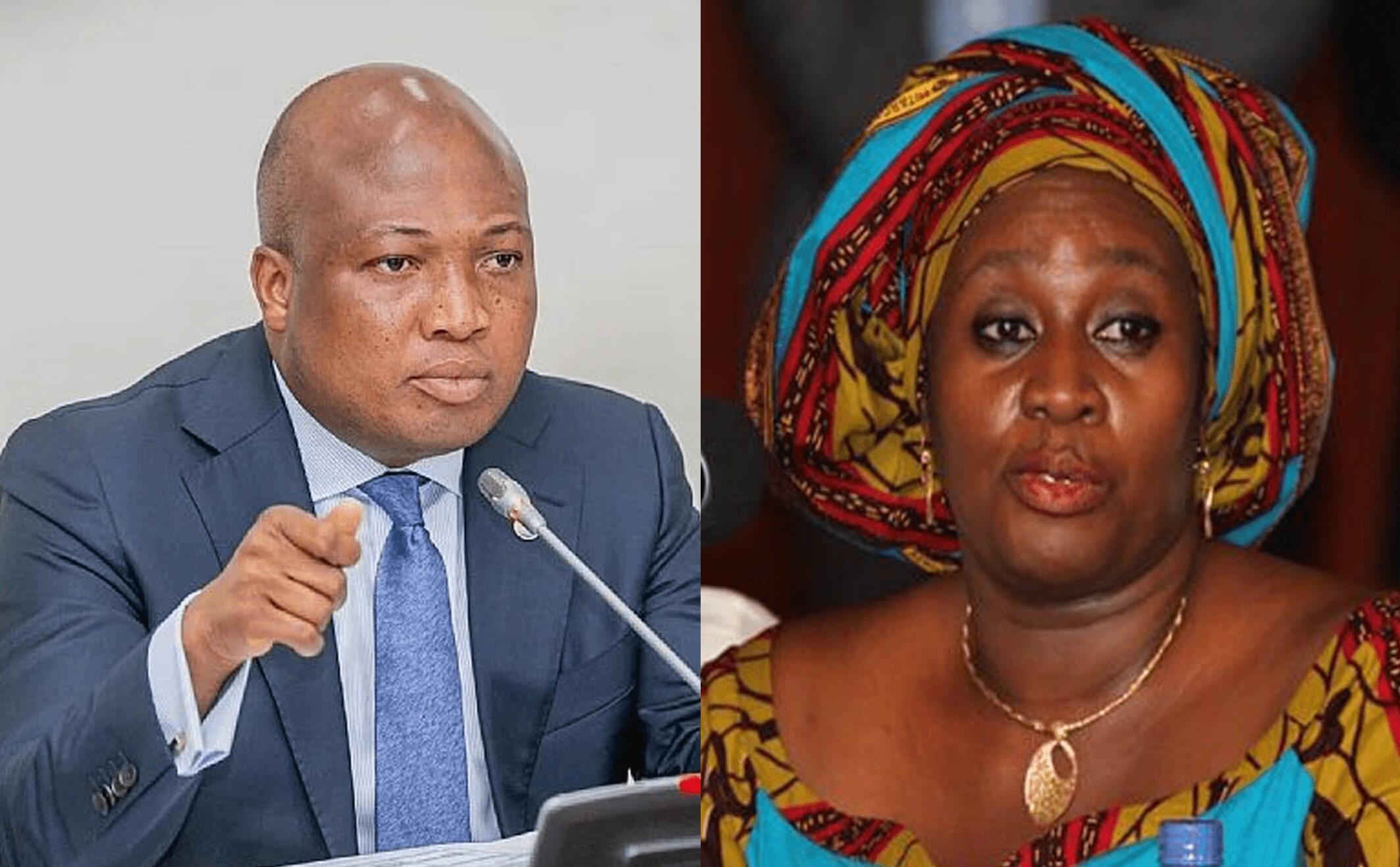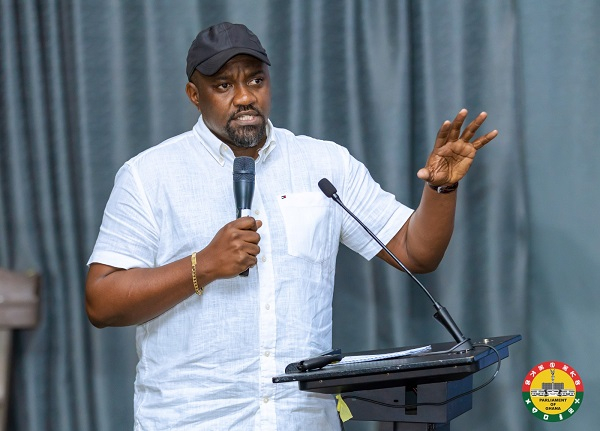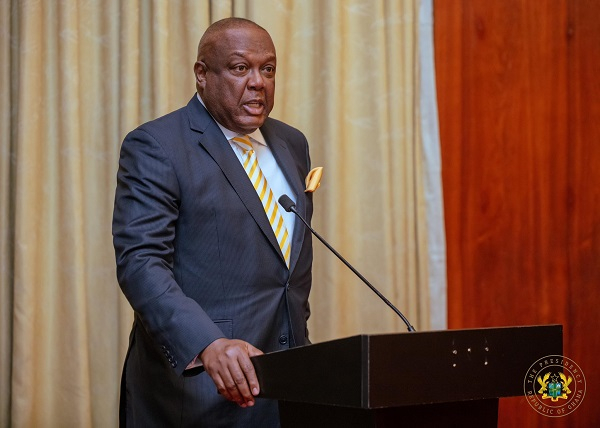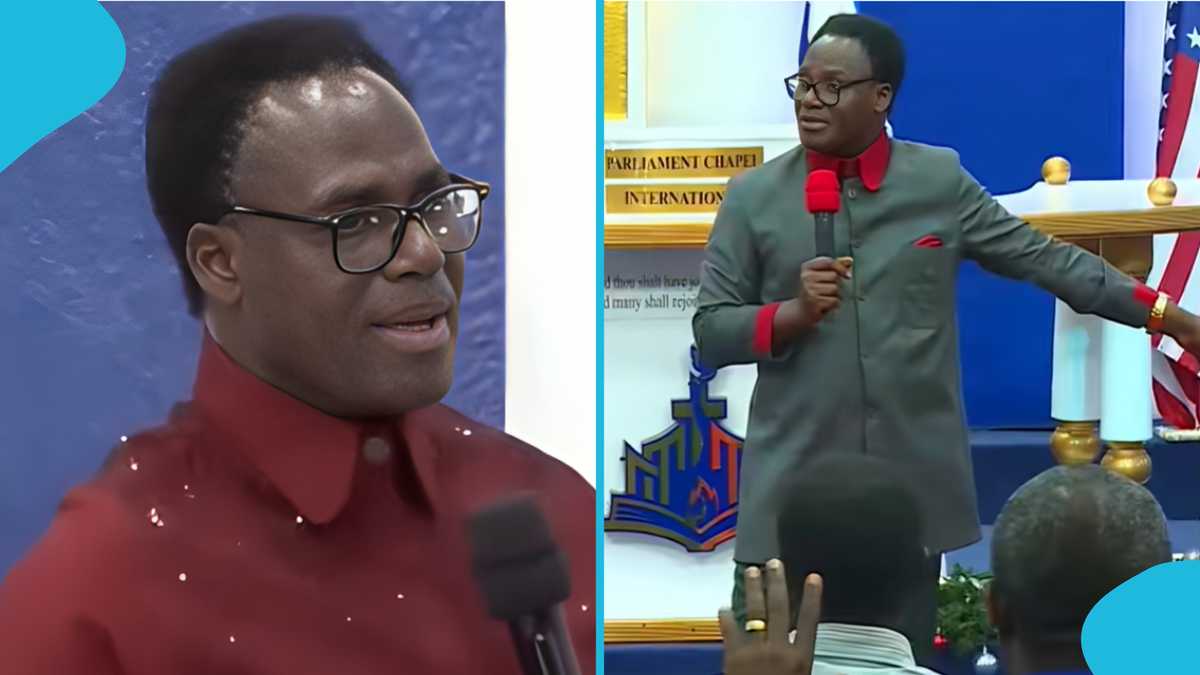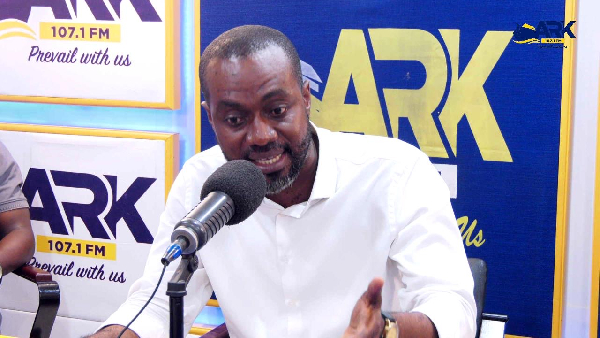In February 2022, Linda Boamah Asante was appointed as the Deputy Chief Executive of Ghana’s National Petroleum Authority (NPA) by President Nana Addo Dankwa Akufo-Addo, under Section 49(1) of the National Petroleum Authority Act, 2005 (Act 691). Alongside Perry Okudzeto, Asante was crucial in overseeing the NPA’s operations. However, when President John Dramani Mahama took office three years later, Okudzeto departed, yet Asante remained at the NPA.
Inside sources from the NPA revealed that Asante successfully negotiated to transition from deputy CEO to the role of Director of Inspections, Monitoring, and Health, Safety, and Environment. This position was endorsed by Chief of Staff Julius Debrah and executed by acting Chief Executive Godwin Tamakloe during a broader restructuring of the authority’s senior management.
Notably, Asante has longstanding affiliations with the New Patriotic Party and maintains close connections with former Energy Minister Mathew Opoku Prempeh, among other high-profile figures. Her continued presence at the NPA, even with the National Democratic Congress in power, has ignited discussion about the role of political appointees in autonomous regulatory bodies.
A similar scenario is observed across the government: Martin Ayisi, despite being part of the NPP’s 2017 transition team, retains his position as Chief Executive of the Minerals Commission. Other appointees from the previous administration also continue in senior roles at the Ghana Airports Company and the Food and Drugs Authority.
These situations have sparked calls within the ruling party for a clear policy regarding the tenure of partisan appointees in organisations that are expected to operate free from political interference. While maintaining technical continuity is crucial for preserving institutional memory and advancing ongoing projects, some party loyalists argue for a complete leadership overhaul to align with the mandate of a newly elected administration and bolster public confidence in the impartiality of state institutions.
Striking this balance remains a prominent challenge for the Mahama government as it aims to fortify governance while retaining the expertise necessary for driving Ghana’s key strategic sectors forward.
Source: https://newsghana.com.gh




